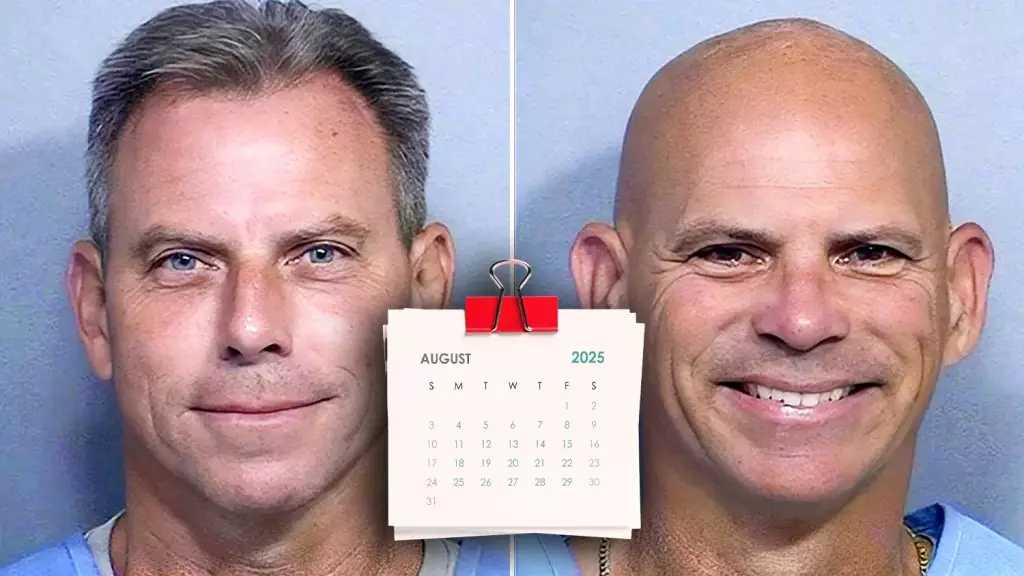After enduring years of imprisonment stemming from the tragic murder of their parents in 1989, the Menendez brothers, Erik and Lyle, find themselves on the threshold of a new potential dawn. Recently, a judge in Los Angeles ruled to resentence the brothers to 50 years to life, indicating that they could soon become eligible for parole. This decision, made by L.A. Superior Court Judge Michael Jesic, signifies a critical juncture in a case that has captivated public attention for decades.
The ruling is undeniably significant; it rebuffs the stance of the Los Angeles County District Attorney, Nathan Hochman, who questioned the brothers’ suitability for release. By asserting that Erik and Lyle do not pose “an unreasonable risk” if released, there is now a flicker of hope for the siblings, whose life sentences without the possibility of parole had seemed unyielding since their 1996 conviction.
Historical Context and Cultural Impact
The narrative surrounding the Menendez brothers is not just a tale of crime but also an indictment of societal perceptions of justice. Their case turned into a media phenomenon during the late 1990s, captivating audiences with its blend of familial betrayal and courtroom drama. The public discourse surrounding their trials, which spanned six years and two separate court proceedings, raised pertinent questions about the intersection of justice and mental health.
These complexities were exacerbated by the prominent role of media coverage at a time when television news was evolving rapidly. The recent resurgence of interest in their case can be attributed to modern portrayals, such as Netflix’s docuseries and Ryan Murphy’s dramatization, which breathe new life into the old narrative. These adaptations have not only rekindled public intrigue but also stimulated debates about the nature of justice and the potential for rehabilitation.
The Progression of Justice
Recent developments have prompted the California Board of Parole Hearings to adjust the schedule for what were to be clemency board hearings, transforming them into initial parole suitability hearings. The shifting landscape of their case reflects changing attitudes toward rehabilitation, particularly concerning individuals convicted of crimes as youths. There has been a broader movement that advocates for the re-evaluation of juvenile offenders, drawing attention to their personal circumstances at the time of their crimes.
This shift also raises essential questions for the justice system at large: How do we measure the capacity for change in individuals who committed heinous acts in their youth? The Menendez brothers, now in their fifties, assert that their actions were motivated by a desperate need to escape from a cycle of alleged abuse. This narrative raises complex discussions about accountability, victimhood, and the potential for redemption.
The Era of Public Re-examination
Continued public scrutiny regarding their case, driven by new evidence and claims of self-defense against alleged abuse, has fostered a climate of re-examination. While Hochman remains skeptical, the brothers’ ability to narrate their experiences—and the changing legal framework around juvenile offenders—opens the door to new possibilities as their parole hearings loom on the horizon.
As these developments unfold, the Menendez brothers are not just figures from a sensationalized past but individual stories that compel society to grapple with deeper issues of trauma, family dynamics, and the justice system’s role in rehabilitation. Their story provokes thought, serves as a catalyst for conversation, and emphasizes the necessity of continual re-evaluation of our legal frameworks as societal norms evolve. As they stand at the precipice of potential freedom, their journey reflects the broader human experience—one that is complex and, at times, profoundly tragic yet full of potential for transformation.

